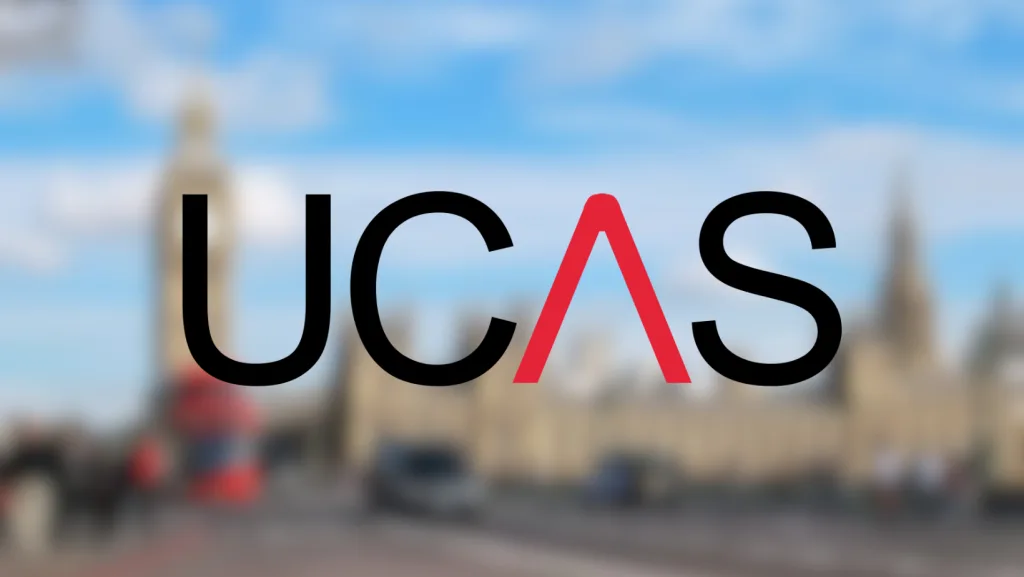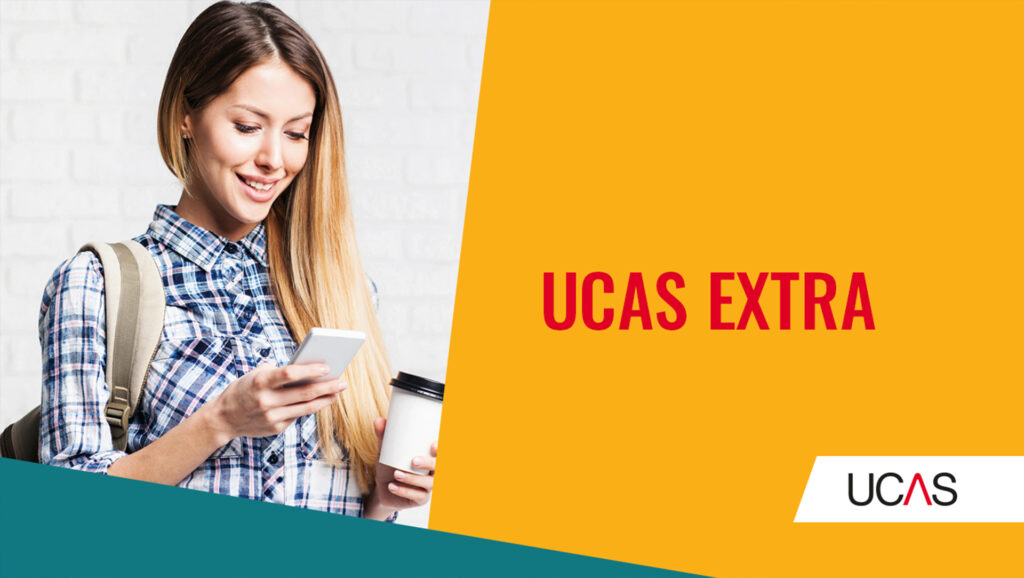UCAS
UCAS

What is UCAS?
First of all, lets unpick what UCAS stands for. Universities and Colleges Admissions Service is the full name of the organisation responsible for managing applications to higher education courses in the UK.
‘UCAS provide information, advice and admissions services to inspire and facilitate education progression’ – UCAS
If you decide that you want to go to university, UCAS will support and guide you every step of the way. You will firstly register online, fill out your application form, track the process of your application from each individual university, recieve interview invites and offers and recieve support should you need it to find an alternative way to get a place at a university.
You will apply for your chosen university by submitting information including your education and employement history, any special needs or disabilities, and a personal statement.
REMINDER! Your personal statement is a very important part of your application process, you can find out more information on our ‘Personal Statement’ page.
uCAS Points
The UCAS Tariff provides a way for universities and colleges to draw comparisons between the wide range of qualifications they see on their applications. Being able to compare qualifications they are less familiar with against more common ones such as A levels encourages a fairer decision-making process when it comes to making offers.
Some universities and colleges also use UCAS points in their entry requirements and offers, so you may need to know how many points your qualifications are worth.

Replying to your offers
When all 5 choices have responded on UCAS, you can now reply to your offers. You should think very carefully about this as you have plenty of time to reply. Your deadline is available in UCAS track. Speak to relevant staff in school before replying.
When ready, log into UCAS track and for each choice that has made you an offer you will have the options: ‘firm’, ‘insurance’ and ‘decline’. You can only make one choice your ‘firm’ and one your ‘insurance’. Your ‘firm’ choice is where you intend to go, the university you like the most. Your ‘insurance’ choice is a back-up plan. If you don’t get the grades for your ‘firm’ choice, then you will go to your ‘insurance’. It is therefore crucial that the entry requirements for your ‘insurance’ choice are lower than that of your ‘firm’ choice.
Warning! Unconditional Offers: These should be approached with caution. If a university is offering you a place without stipulating that you have to achieve certain grades, then think, is this really where I want to study? In the past unconditional offers were introduced to reward the very highest achieving students, but in recent years they have been used as a sales tactic by universities. If you wanted to go to that university in the first place and can see yourself being happy there, then you should go for it, but if you are only applying to them because of the unconditional offer, take a step back and reconsider this.


UCAS EXTRA
If you did not receive any offers from your initial 5 choices, or you have changed your mind about your original 5, then there is a process called Extra. It opens in February each year. You can search for courses available on the UCAS website and when you find some you like, you can apply, one at a time. Choose the one you like the most first and if you get an offer you can accept or decline.
If you don’t get an offer or you decline, you can then apply for another course. You can keep doing this, one by one, until you are happy. Extra is useful, but it is important to realise that not all courses will be available in Extra and you will not be able to have an insurance choice. Never decline your current offers before speaking to the relevant staff in school first for advice.

CLEARING
If you don’t get the grades to get into your firm and insurance choices then you will automatically be eligible for clearing. You will also be eligible if you don’t get any offers or decline all of your offers. It opens in June, however, most people don’t need it until results day. If you think there is a chance of you going into clearing, arrive at school very early on results day, as competition for places is fierce and many courses fill up by mid-morning.
You will need to call universities who offer a course you like and ask them for a place over the phone. Have your clearing number and UCAS ID to hand. If you get an offer, you don’t have to take it immediately; you will be given time to think it over. You can call as many universities as you like and have several offers before making your mind up.

ADJUSTMENT
If you achieve higher grades than the entry requirements for your firm choice, then you are eligible for adjustment.
This service is for people who do better than expected and wish to apply for a different course/university that has higher entry requirements. You simply call the university you are interested in on results day and ask. You don’t have to take the offer, and are given time to think it over. You can keep your original offer if you wish.
